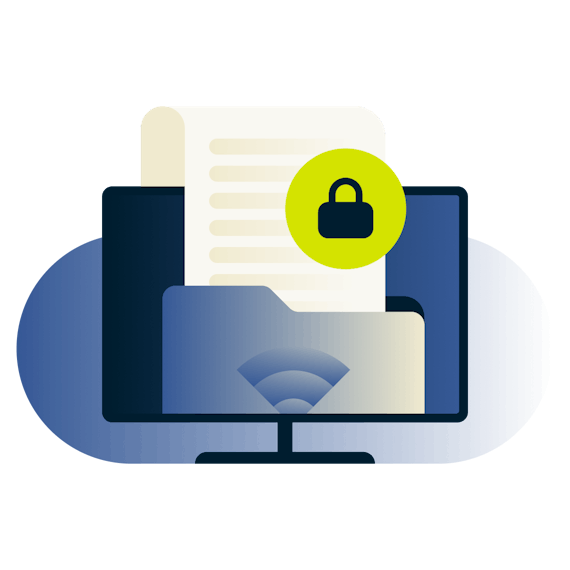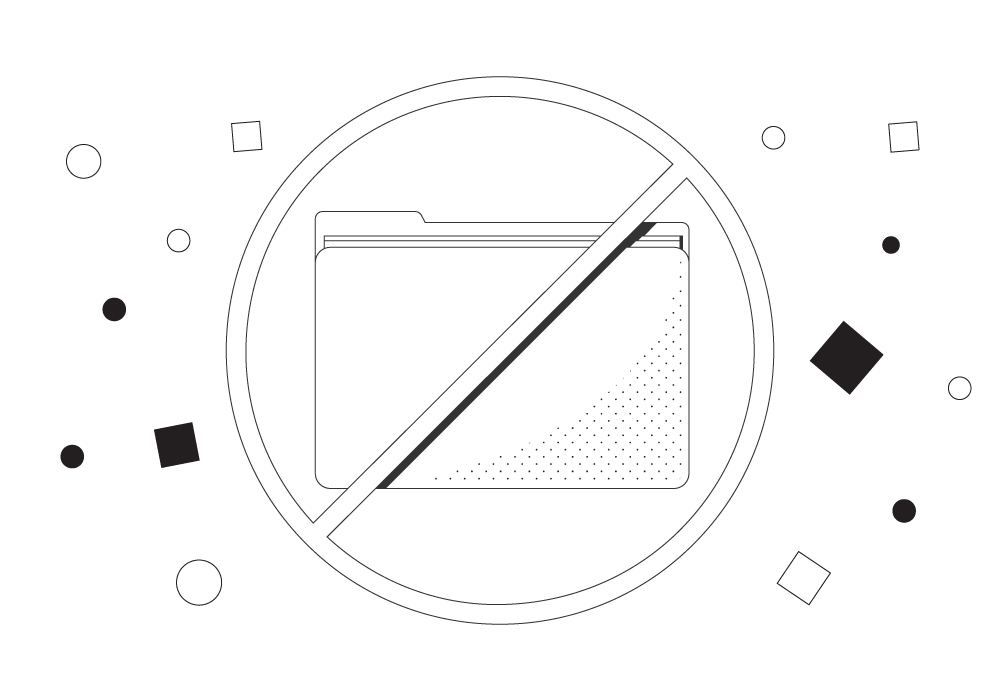10 Reasons to Get a Strict ‘No-Log VPN’ Now
Are you planning to purchase a paid VPN plan?
Hold on a second!
Before you finalize that purchase, there’s one crucial thing to check: Does it follow a strict no-log policy?
Here’s why this matters, along with 10 compelling reasons to get a strict no-log VPN now:
Is SnowRunner Crashing? Latest Update Brings Bug Fixes
What is a No-Log VPN?

A No-Log VPN is a VPN service that doesn’t keep any records about what you do online. This is important if you prefer to keep your internet activity private.
Here’s what no logs mean:
- Traffic Logs: Also known as browsing logs, these include records about which websites you visited, your download and upload data, and what kind of services you used while connected to the VPN.
- Connection Logs: These include technical data necessary for maintaining the VPN service. For example, connection time, disconnection time, the amount of data transmitted during the session, and the IP address you were assigned. Some VPN providers keep these kinds of logs temporarily, for service quality and performance reasons. Still, a strict no-logs VPN won’t store them.
However, you should manually check the strictness of no-log policies and their interpretation can vary widely between different VPN providers.
If you’re going for Paid VPN plans, you should always read the privacy policy carefully, to validate their no-log claims.
Penn Student Launches Pairfect: A New Approach to Digital Dating
Reasons Why You Should Only Get a Strict No-Log VPN

1. Enhanced Privacy Protection
A ‘No Log Policy’ fundamentally ensures that your online activities remain private.
Unlike VPNs that maintain logs, which can potentially be hacked or subpoenaed, a no-log VPN provides a blanket of anonymity, keeping your online behavior only known to you.
2. Guaranteed Anonymity Online
Beyond just privacy, a no-log policy is crucial for maintaining true anonymity online.
It offers a distinction from privacy in that it keeps your online identity entirely undisclosed, not just your activities.
3. Protection Against Tracking
Your online data is a goldmine for advertisers and a focus of interest for governments. Here are the key trackers:
Key Trackers
- Advertisers: Use various techniques to monitor your browsing habits, interests, and online behavior to tailor personalized ads. Techniques include cookies, pixel tags, and fingerprinting.
- Governments: May monitor internet use for reasons such as national security, law enforcement, or even to suppress dissent. This can include bulk data collection or targeted surveillance.
Tracking Techniques
- Cookies: Small files placed on your device to track your activity across multiple sites.
- Pixel Tags: Invisible images embedded in websites and emails, allowing companies to track user behavior and email opening rates.
- Fingerprinting: Advanced technique that gathers information about your device (e.g., screen resolution, browser version, installed fonts) to create a unique profile of you.
- IP Logging: Tracking and logging IP addresses to monitor where users go online and what they do.
A no-log VPN shields you from such tracking, offering an untouched online experience.
4. Reduced Risk of Data Breaches
Where there’s no data, there’s no breach.
No-log VPNs hold this principle by not storing any user data, significantly reducing the risk of data compromises that trouble VPN companies with large data reserves worldwide.
5. Superior Security Measures

No-log VPNs are known not only for their strict privacy ideals but also for their exceptional security measures.
These services typically employ multiple advanced security features to protect user privacy and data. The key elements are as follows:
- End-to-end encryption: Ensuring data sent over the network is unreadable to anyone outside.
- Secure protocols: A VPN protocol determines how data is routed between your computer and the VPN server. Therefore, providing various methods of protecting data transmission. Some of the common secure protocols include OpenVPN, IKEv2/IPSec, WireGuard, L2TP/IPSec, and PPTP.
These security measures end up protecting you from cyber attacks like Packet Sniffing, IP Tracking and Attacks, ISP Throttling, and more.
6. Building User Trust with Transparency
Trust is very important when using a VPN service. VPN users want to be sure that their private information is safe and that the VPN really doesn’t keep any records of their internet activities.
Many no-log VPN services undergo third-party audits to verify their no-log policies, an act of transparency that greatly builds user trust.
7. Facilitating Internet Freedom
In many places around the world, people can’t access all parts of the internet because of censorship. VPNs help by letting people use the internet freely, without these limits.
When a VPN doesn’t keep logs, it means it doesn’t keep track of what users do. This lets people explore the internet safely and without worry.
8. Safe Streaming and Downloading
A no-log VPN is very good for people who want to stream or download things safely.
It stops Internet Service Providers (ISPs) from slowing down or tracking their internet use.
This means they can watch or download things without any pauses or slowdowns.
9. Protecting Sensitive Information
A no-log VPN is necessary for people who work with sensitive information, either personally or for work.
It helps to make sure that private information stays private and give you the freedom to do whatever you want online.
10. Peace of Mind
At the end of the day, a no-log VPN offers peace of mind.
It’s about feeling relaxed and safe knowing that what you do online is just for you—nobody else can record it, track it, or see it.
Can’t Redeem Your Steam Gift Card using Barcode? Here’s How to Do It Right
Conclusion
Living in a world that’s all about being online, you need to keep your stuff private and safe.
That’s where a VPN that promises not to keep any of my online records — a ‘No Log Policy’ — comes into play.
To end, I want to say that finding and using a good no-log VPN service is something I recommend. So, let’s pick a good no-log VPN today for a safer online tomorrow.


![Top 10 VR Game Recommendations [2024 Edition]](https://viewtoptenbest.com/wp-content/uploads/2024/02/little-boy-playing-vr-games-5303655-1024x683.jpg)




